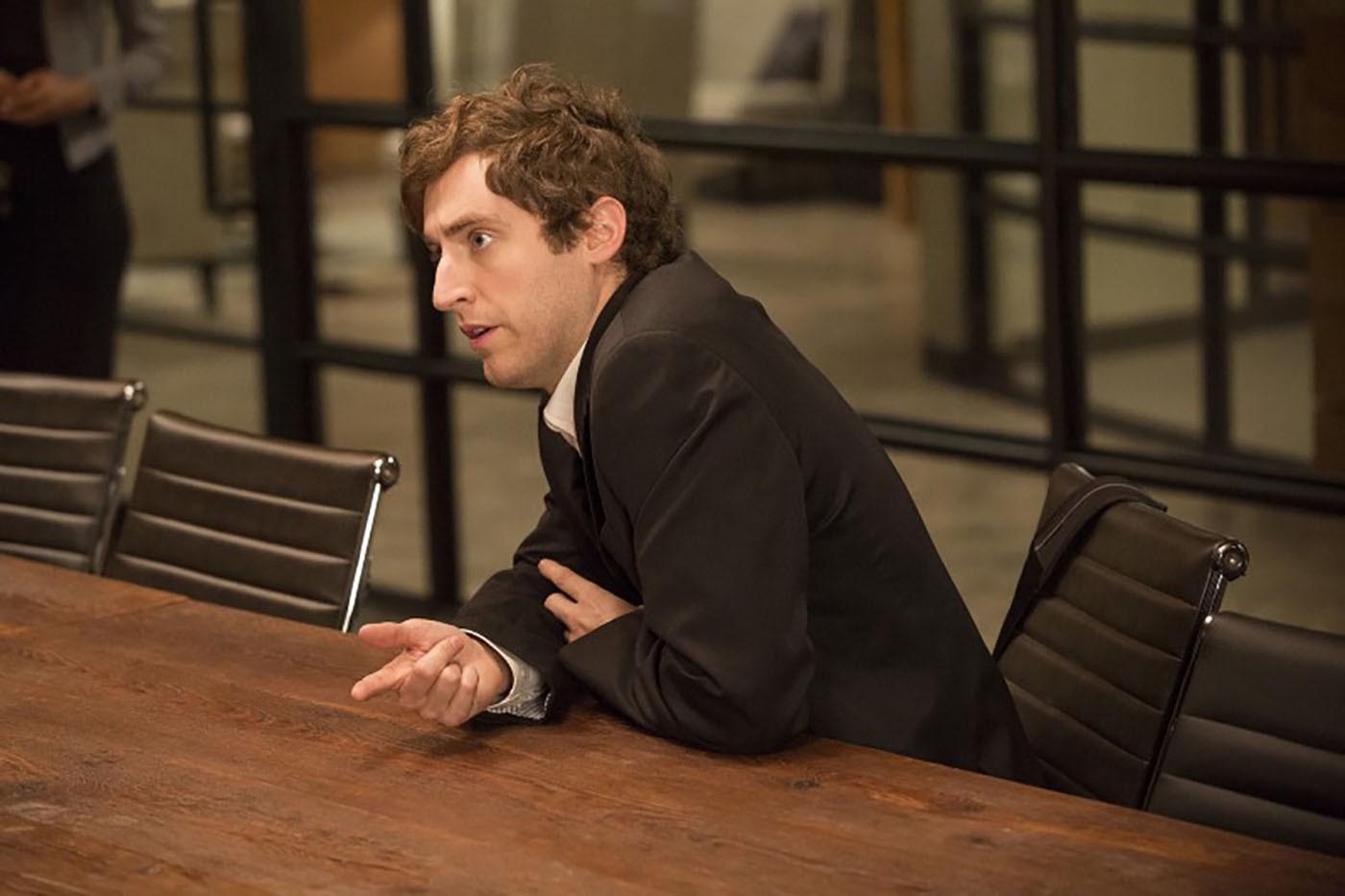
In its third season, Silicon Valley is slipping, and a plotline from this week’s episode exemplifies its problem. In “The Empty Chair,” Richard gets angry about Raviga head Laurie Bream’s decision to conduct an external search for a Pied Piper CEO instead of appointing him. As viewers, we learn that Bream is doing this as theater, so it will look like she has exhausted all other options before deciding on Richard. But Richard doesn’t know that, and he has a tantrum when he meets up with Raviga’s PR handler, ripping into Laurie’s management decisions. Except, of course, Richard isn’t talking to the PR handler. He walked into the wrong room, and he’s talking to a reporter. Not only is his tirade on the record, it’s recorded — the reporter has iPhone Voice Memo running, capturing every word. Richard is desperate to kill the story.
He doesn’t need to be. California law requires two-party consent to recordings. A surreptitious recording of Richard’s outburst might have flown if he’d met the reporter in a public place, since his expectation of privacy would’ve been different. Within the confines of the Raviga office, however, he’d have a strong argument that there was an expectation of privacy. A talk with Monica, who is canonically not stupid, should’ve cleared this up, but addressing Richard’s upper hand in this situation wouldn’t have wrapped up the plot so neatly, so that didn’t happen. Instead, Richard convinces Big Head to tell the reporter about Hooli wrongdoings in exchange for spiking the story. It’s a contrived set-up that, to work, requires Richard to be a complete idiot and viewers to ignore California law.
The obnoxious thing is that it seems like Silicon Valley is setting up a future law-based conflict by having Big Head tell Hooli secrets to the reporter, which would violate his NDA. If that is what they’re doing, ignoring the reality of the law undermines the intensity of the conflict, since the two-party consent would suggest the Silicon Valley universe has different laws than ours, meaning the established ties to the real-world Silicon Valley are thrown out the window.
Silicon Valley has bigger problems this season than ignoring wiretapping laws — and this plotline also exposes those larger problems. For starters, Richard is getting Michael Scott syndrome.
In earlier seasons of The Office, the writers balanced Michael’s clueless management style with plotlines that explained why he had risen to midlevel mediocrity — when it came down to it, he could nail a paper sale. But by Season 4, Michael was driving his rental car into a lake because the GPS said so. Richard needs to be somewhat believable as a leader for viewers to root for him. It’s hard to do that when most plotlines cycle through “Richard screws up, bumbles to fix it, kind of does, then screws up again.” The Office eventually course-corrected Michael, and I’m hoping Silicon Valley figures out how to portray Richard without making him irredeemably incompetent — or that Silicon Valley turns him into an antagonist and makes sweet, sweet Jared the show’s hero.
Silicon Valley is so often a joy to watch because it assumes that the audience understands the foibles of start-up culture. The aggressively vacuous corporate culture at Hooli isn’t funny because it’s radically different from what is in the real world — it’s funny because it teases out absurdity that already exists. When Silicon Valley veers away from the verisimilitude that enables its sharpest moments, it flounders. Pressing the “OH GOD SHE SECRETLY RECORDED ME” plotline assumes the audience won’t notice that Richard’s hysteria makes little sense. And clearly, we will.